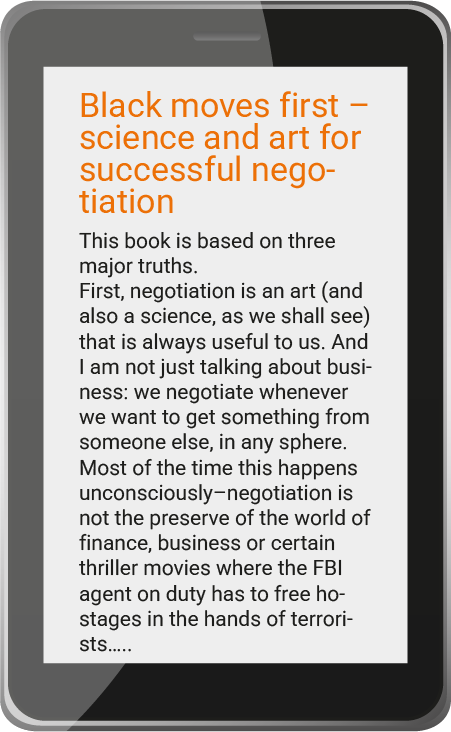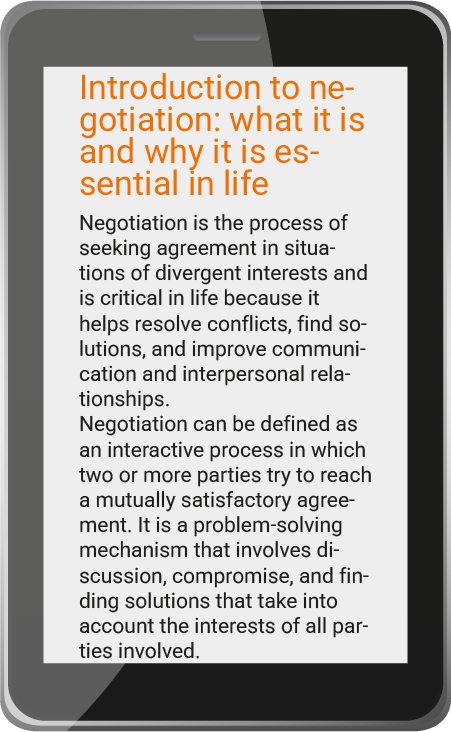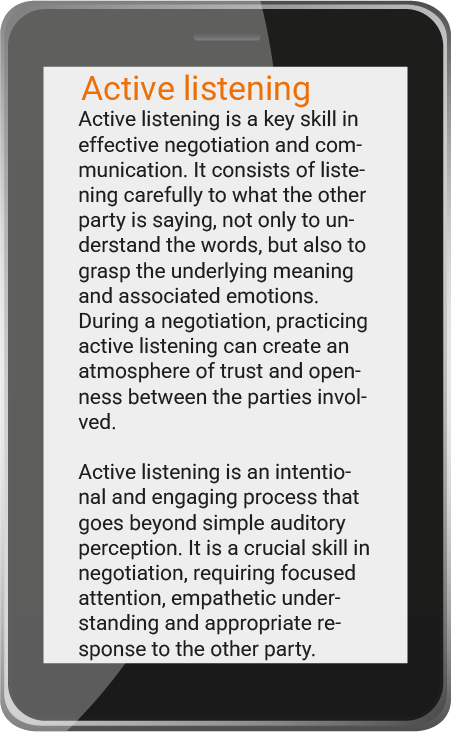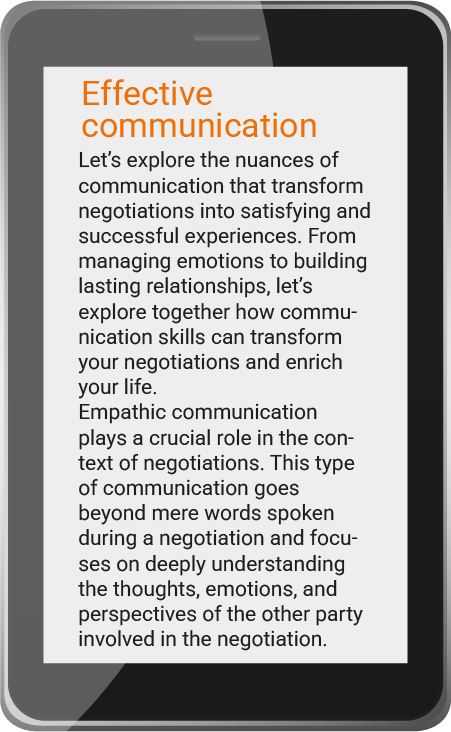Mediation and negotiation are two key tools in conflict management. Mediation involves a neutral third party facilitating dialogue, whereas negotiation involves direct confrontation between the parties. The aim of both is to promote mutual understanding, find shared solutions and strengthen relationships. Understanding both is a strategic asset.
In an age where conflict manifests itself in increasingly subtle and pervasive ways in personal relationships, the workplace and social and international contexts, it is essential to equip ourselves with the tools to deal with it constructively. Mediation and negotiation play a central role here. Often used as synonyms, they are in fact distinct in their approach, structure and objectives. However, understanding the mechanisms of mediation not only helps us to manage conflicts, but also greatly improves our ability to negotiate effectively.
Negotiation is the process by which two or more parties seek to reach a shared agreement, often beginning with divergent interests. Negotiation can be direct, without intermediaries, and is an integral part of our daily lives. We negotiate contracts, promotions, family decisions and agreements between colleagues, among other things. Negotiations can be distributive, in which case the parties see the outcome as something to be divided (what one party gains, the other party loses), or integrative, in which case the aim is to increase the value of the agreement so that both parties benefit. Effective negotiation requires the ability to listen, propose creative solutions and make strategic concessions. Above all, it requires the ability to distinguish between positions and interests: behind what one party asks for, there is always a deeper need or motivation to be explored.
Mediation, on the other hand, is a process led by a neutral third party, the mediator, whose role is to facilitate communication between conflicting parties, helping them find a shared solution. The mediator does not impose or judge; rather, they structure the dialogue, making it possible even when relations are tense or broken. Through active listening, reformulating content and managing emotions, the mediator creates a safe space in which the parties can express themselves, clarify misunderstandings and explore alternatives. Therefore, mediation is a form of assisted negotiation with a strong relational and transformative component.
The main difference between mediation and negotiation is the presence of a facilitator. In negotiation, the parties interact directly, whereas in mediation, a third party helps them to communicate effectively. Mediation is often used when the relationship between the parties is damaged or when there is a significant power imbalance, which makes fair negotiation difficult. In such cases, the mediator promotes balance, fairness, and active listening.
Mediation takes a broader approach. It not only seeks to resolve the practical aspects of the conflict, but also aims to transform the relationship, promote mutual understanding, and rebuild trust. In other words, mediation seeks not only to reach an agreement, but also to change the way the parties see and relate to each other.
Both are grounded in fundamental principles such as good faith, respect for others, and a commitment to finding solutions. The ability to understand one’s own interests and those of others, communicate clearly, manage emotions and develop empathy is central to both. Furthermore, both mediation and negotiation focus on interests and needs rather than positions and demands. This shift is crucial to achieving lasting agreements that satisfy all parties.
Understanding the principles of mediation can greatly enhance a negotiator’s abilities. Mediators are experts in decoding relational dynamics, recognising non-verbal signals, and fostering trust. Integrating these skills into the negotiation process enables even the most complex negotiations to be handled more effectively. A negotiator who knows how to ‘mediate’ also knows how to listen carefully, rephrase constructively, and build bridges rather than walls. They also recognise the importance of silence, patience and being open to others.
Conversely, a mediator who is familiar with negotiation techniques can conduct the process in a results-oriented manner. This helps the parties to not only engage in dialogue, but also to establish concrete and achievable agreements. Often, mediation results in genuine negotiations between the parties, which are facilitated and structured by the mediator.
In the business world, knowledge of mediation is becoming increasingly valuable. It enables internal conflicts between colleagues or departments, disputes with customers or suppliers, and complex organisational crises to be managed. A manager with mediation skills knows how to negotiate contracts and conditions, and can also prevent escalation, rebuild relationships, and facilitate dialogue in tense situations.
Mediation has also become an increasingly important alternative to litigation in the legal field. In civil, commercial and family disputes, it enables the parties to find personalised solutions that are quicker, cheaper and less confrontational than court proceedings. Most importantly, it enables the parties to retain control over the decision-making process rather than delegating it to a judge.
Rather than being alternatives, mediation and negotiation are complementary tools. Both aim to build shared, sustainable solutions. Negotiation is the art of compromise; mediation is the art of dialogue. Knowing how to use both and integrate them is a valuable skill in any context. In a world that needs more listening, empathy, and relational responsibility, mediation training means becoming not only better negotiators, but also more aware and constructive citizens.



